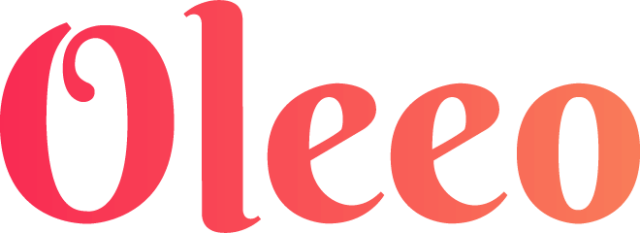Talent on Demand an Inclusive Value Proposition

Talent on demand. The vast majority of job seekers consider an employer brand before applying for a job. Candidates want to understand not only the mission, vision, values, and purpose of an employer, but also how their specific role contributes toward them. Candidates want a realistic picture of the “role value proposition”—the day-to-day experience they can expect—as well as of how the role supports their future career aspirations.
Candidates expect brand content at every stage in their journey to be inclusive, engaging, and relevant to the unique questions they have. For example:
- Is there work/life balance?
- Will I feel included?
- How will I gain new experiences, develop skills, and improve my marketable talents?
- What do career paths look like here?
- Do the employer’s values align with mine?
With just 19% of employees agreeing that “what my employer portrays about itself matches what it’s like to work there,” there’s obviously room for recruiting teams to improve how they articulate the employer value proposition.
Recruiting enablement empowers recruiters to understand where their message is resonating and configure workflows that deliver inclusive, role-specific content at any stage in the candidate journey.
Diversity and Inclusion Are No Longer Optional.
A new Deloitte survey estimates that 63% of millennials would consider quitting if their employer didn’t value diversity and inclusion. Employers who want to execute Diversity Recruiting strategies must simultaneously engage with wider, more talent on demand diverse candidate pools while designing recruiting processes that root out bias and promote inclusion.
Today it’s impossible to deny the strategic value of diverse teams supported within an inclusive environment. A Wall Street Journal study clearly shows the stocks of companies that score well on Diversity Recruiting Metrics outperform those who score poorly in both the short and long term.
“A diverse workforce promotes fresh, innovative thinking that translates into a competitive advantage, which in turn translates into winning products for our customers,” said Mary Barra, chairwoman and chief executive at General Motors Co.
But Diversity Alone Isn’t Enough: Inclusion Is Key.
Even highly diverse teams fall short unless they also feel a sense of inclusion. When teams feel inclusive, they work 12% harder and are 57% more collaborative than noninclusive teams. In addition, 74% of millennials, set to be 75% of the workforce by 2025, believe their employer is more innovative when it has a culture of inclusion.
Although four out of five leaders agree that it’s important to foster a climate where employees know they are expected to voice different points of view and feel comfortable doing so, just 31% of employees agree that “[t]he leaders at my company promote an inclusive team environment.”
Current recruiting processes echo the diversity and inclusion (D&I) contradiction, with just 37% of recruiters reporting that their function has implemented a strategy to increase diversity hiring. As businesses strive to improve diversity recruiting throughout their talent processes, recruiting enablement is about not only expanding WHO you hire, but HOW you hire.
Recruiting Enablement helps recruiters automatically root out bias during every stage of the recruiting process, from debiasing job postings to attracting more diverse candidates, to serving up more inclusive content, and using intelligent selection to more fairly rank candidates on their skills and competencies.



